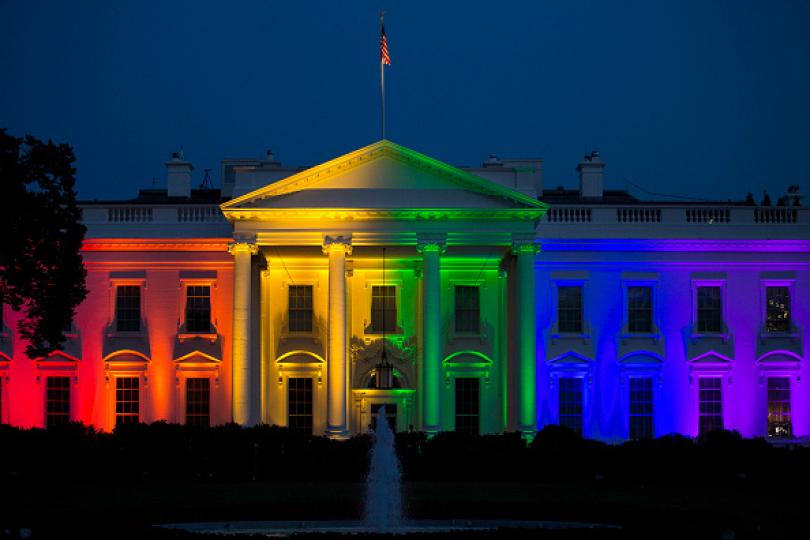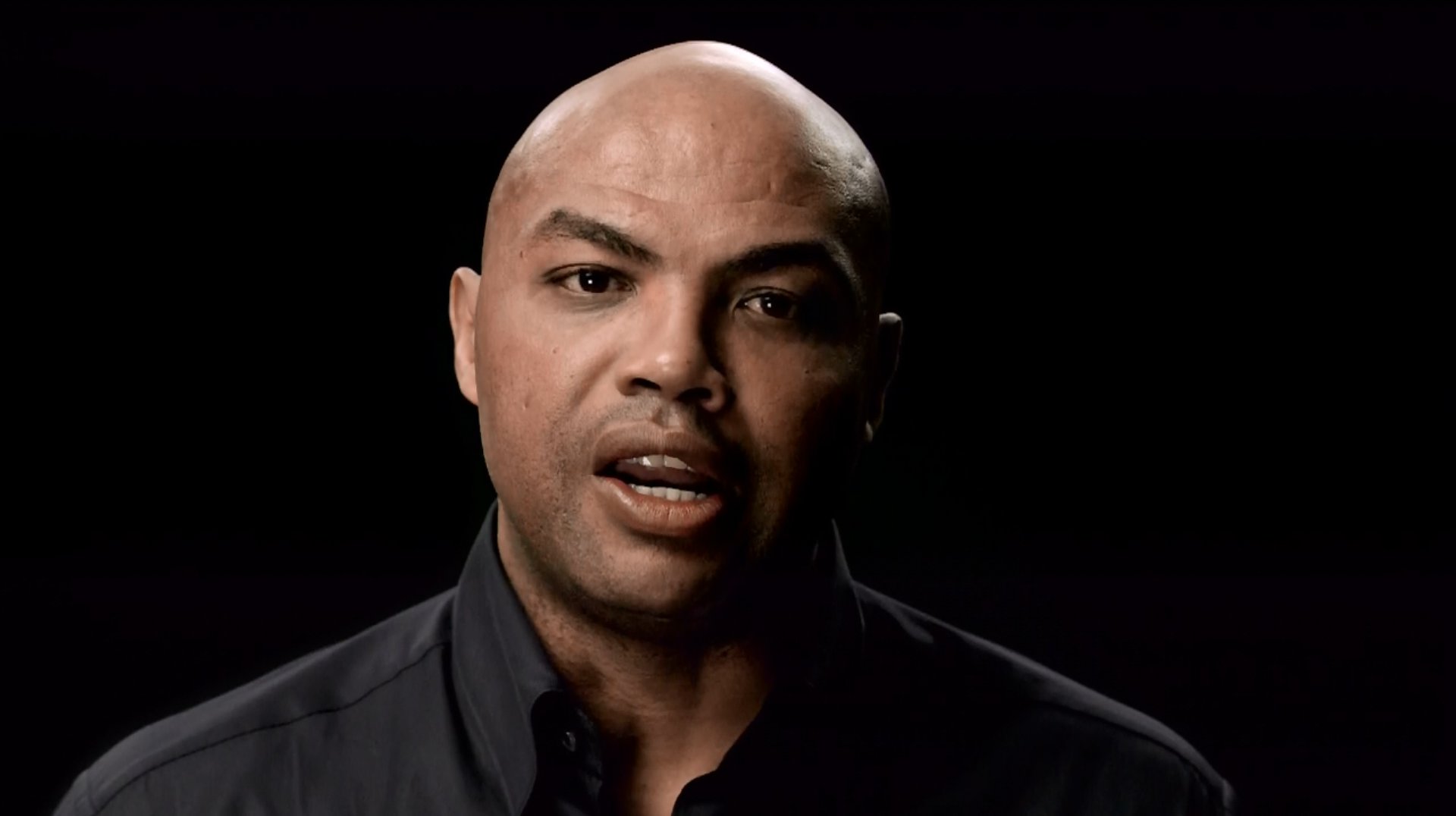Will Trump roll back gay rights?

While Trump’s most prominent gay supporter, tech investor Peter Thiel, has a high-ranking role on the transition team, he’s outnumbered by social conservatives who have clashed with national gay groups in the past, including Vice President-elect Mike Pence and more than one veteran of the Family Research Council.
Trump is known above all for his unpredictability, but the New York Post offers the following predictions:
- Freedom to marry isn’t going anywhere. The Supreme Court, even after two or three Trump appointments, is unlikely to reverse the outcomes of the Windsor and Obergefell cases unless public opinion turns against those outcomes, which I don’t believe it will. (In a “60 Minutes” interview broadcast on Sunday, Trump said of the marriage cases at the Court: “They’ve been settled, and I’m fine with that.”)
- Military service isn’t going anywhere. “ ‘Don’t ask, don’t tell’ has clearly failed,” Trump said in an interview with The Advocate back in 2000 in which he flatly supported ending the then Clinton policy.
- Survivorship and similar federal benefits (in Social Security, federal-employee retirement, etc.) will remain intact; neither the courts nor public opinion will stand for an attempt at withdrawal. However, the transition from pre-Obergefell law within the government may not be fully complete, and some federal agencies will be run by appointees less committed than their Obama predecessors to equal treatment for gay couples. This would make a good area for watchdog groups to monitor.
- The plans of organized gay groups for sweeping new legislation are largely a dead letter. They won’t admit it was a mistake to have pulled support for the old Employment Non-Discrimination Act, which had attracted some Republican backing and stood a chance of passage, in favor of the overreaching Equality Act.
- The federal government will pull back from its ill-advised attempt to prescribe nationwide rules for school bathrooms and changing areas. Debates will continue at the state and local level, where public opinion will prove more amenable to workable compromise than one would guess from the loudest voices on both sides. Trump himself said in April he opposes the controversial North Carolina law on the issue that some social conservatives have championed.
- Organized LGBT groups will go on refusing to concede any legitimate role for religious exemptions in discrimination law, even in the operation of, say, church-affiliated colleges. They will therefore decline to enter any negotiations to amend or refine proposals like the so-called First Amendment Defense Act. That will, in turn, increase the danger that congressional Republicans will themselves overreach by enacting some version of such a proposal that is unfair or impractical.
- There will be less federal funding of pro-LGBT advocacy, both domestic and foreign.
- There will be at least one surprise seen as positive, such as the first appointment of an openly gay person to a Cabinet or Supreme Court post. Thiel, a hit speaker at the GOP convention, is the most obvious candidate to play such a role, but others are possible.
You don’t have to support him to see the pattern. Since he began testing the political waters in the 1980s he has repeatedly and visibly distanced himself from the rut much of the GOP was mired in on this set of issues.
In his acceptance speech in August, when GOP conventioneers heartily applauded his pledge to “do everything in my power to protect our LGBTQ citizens from the violence and oppression” of jihadist ideology, he departed from his script: “I have to say, as a Republican, it is so nice to hear you cheering for what I just said. Thank you.”
By now it’s part of his brand, and no one cares more about protecting his brand than Donald Trump. I suspect to do that he’ll prove quite prepared to rein in the unwise impulses of some of his appointees.
via NY Post

